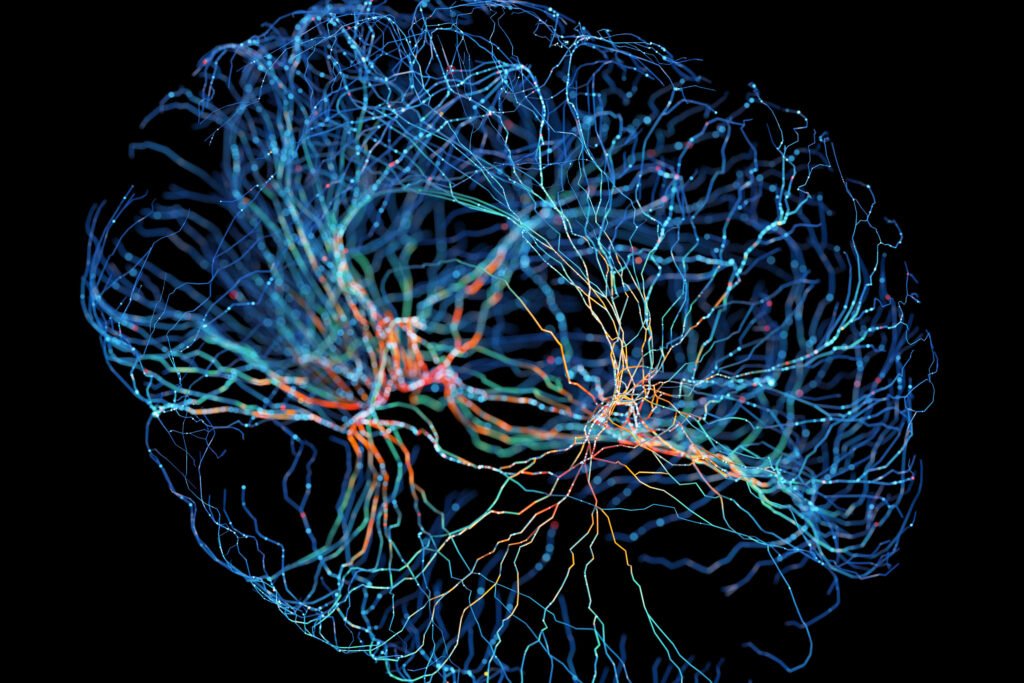Introduction: Preventing Dementia as a Global Health Priority
Dementia is a condition that slowly erodes memory, thinking, and independence, affecting millions worldwide. Preventing dementia is increasingly recognized as one of the most critical public health goals. Experts warn that cognitive decline can begin decades before symptoms appear, making early intervention essential. Neurologists emphasize that brain health is not only shaped by genetics but also by lifestyle choices, diet, physical activity, and mental stimulation. With the aging global population, understanding strategies for preventing dementia has never been more urgent.
Understanding the Brain: The Body’s Command Center
The brain controls every aspect of human life, from physical coordination to memory, decision-making, and emotional regulation. Neurologists stress that while people often prioritize heart health or digestive function, the brain is the organ that governs all others. Maintaining optimal brain function through preventive measures can significantly reduce the risk of cognitive decline. Emerging research highlights that preventive neurology, a field dedicated to early intervention, can help people preserve memory, attention, and mental acuity across their lifespan.

The Role of Lifestyle in Preventing Dementia
Lifestyle factors play a critical role in protecting the brain. Neurologists recommend regular physical activity, a balanced diet, quality sleep, and cognitive engagement as foundational elements. Physical exercise improves blood flow to the brain, reduces inflammation, and supports neuron health. A diet rich in vegetables, fruits, whole grains, and healthy fats provides essential nutrients for brain function. Sleep is vital for memory consolidation and clearing neurotoxins, while lifelong learning and mental challenges strengthen cognitive reserve. Each of these factors contributes to slowing or preventing the onset of dementia. https://www.ucihealth.org/about-us/news/2024/03/preventing-alzheimers-disease
Early Detection: Genetic and Biomarker Testing
Advances in medicine now allow clinicians to identify early signs of cognitive decline before symptoms are apparent. Genetic testing can reveal the presence of risk variants such as APOE4, which increases susceptibility to Alzheimer’s disease. Blood tests can measure biomarkers like amyloid and tau proteins, which accumulate in the brain years before memory problems develop. By detecting these indicators early, individuals can implement targeted strategies to reduce risk. Preventive neurology emphasizes a personalized approach, considering both genetic and lifestyle factors in designing interventions.
Cardiovascular Health and Its Link to Brain Health
Neurologists note a strong connection between cardiovascular health and cognitive function. High blood pressure, elevated cholesterol, diabetes, and obesity are risk factors for dementia. Vascular damage from these conditions can impair blood flow to the brain, accelerating memory loss and cognitive decline. Regular monitoring and management of these health conditions are key strategies in preventing dementia. Exercise, a heart-healthy diet, and proper medical care not only protect the heart but also significantly benefit brain health over time.
The Impact of Hormones and Gender on Dementia Risk
Research indicates that women face unique risk factors for dementia. Hormonal changes during menopause, particularly the rapid decline of estrogen, can influence brain aging and memory function. Pregnancy history, breastfeeding duration, and lifetime exposure to hormones also play roles in cognitive health. Men are affected differently, with cardiovascular risk factors often driving cognitive decline. Neurologists advocate for gender-specific strategies in preventing dementia, emphasizing individualized assessments and interventions.
Sleep and Cognitive Function
Sleep is one of the most underestimated aspects of brain health. Studies show that adults who consistently sleep fewer than seven hours per night face higher risks of cognitive decline and dementia. During sleep, the brain consolidates memory and clears toxins that could otherwise damage neurons. Preventing dementia includes prioritizing good sleep hygiene, maintaining regular sleep schedules, and creating an environment conducive to restorative rest. Quality sleep enhances memory, emotional regulation, and overall cognitive performance.
Emotional and Mental Health: A Key Factor
Emotional well-being is crucial for maintaining brain function. Chronic stress, depression, anxiety, and unresolved trauma can all impair cognitive performance over time. Adverse childhood experiences, such as neglect or abuse, have lasting effects on brain development. Neurologists recommend mindfulness, therapy, social engagement, and stress-reduction techniques as part of a comprehensive plan for preventing dementia. Emotional resilience strengthens neural networks and reduces the impact of harmful stress hormones on the brain.
Precision Medicine and Personalized Brain Care
Preventive neurology is moving toward precision medicine, tailoring interventions to each individual’s specific risks and lifestyle factors. Personalized plans may include targeted exercise regimens, dietary adjustments, cognitive training, hormone management, and regular medical monitoring. By integrating genetic, biomarker, and lifestyle information, neurologists can develop actionable strategies to slow or prevent the progression of dementia. Personalized brain care empowers individuals to take control of their cognitive future.

Emerging Technology and Access to Preventive Neurology
Technological advancements are helping democratize access to brain health assessments. Digital tools allow people to conduct cognitive tests, monitor memory, and receive personalized recommendations from home. Remote risk assessments and virtual brain checkups expand preventive care to populations who might not have access to specialized clinics. Integrating technology with preventive neurology promises to reach more people, offering early interventions that could significantly reduce the global burden of dementia.
Global Implications of Preventing Dementia
The prevalence of dementia is increasing worldwide, with the aging population placing an unprecedented burden on healthcare systems. Preventing dementia has implications not only for individual health but also for public health and economic sustainability. Neurologists stress that early education, lifestyle modification, and preventive care can slow the global rise of cognitive decline. Collaborative international efforts, awareness campaigns, and accessible brain health programs are essential components of a worldwide strategy to combat dementia.
Conclusion: Taking Action Today for a Healthier Brain
Preventing dementia requires a lifelong commitment to brain health. Neurologists recommend a comprehensive approach that includes healthy lifestyle choices, regular screenings, emotional well-being, and personalized interventions. By prioritizing the brain as the central organ of human health, individuals can reduce their risk of cognitive decline, improve quality of life, and extend independence into later years. Early action, consistent monitoring, and a proactive approach to brain care are key to addressing the global dementia challenge.




